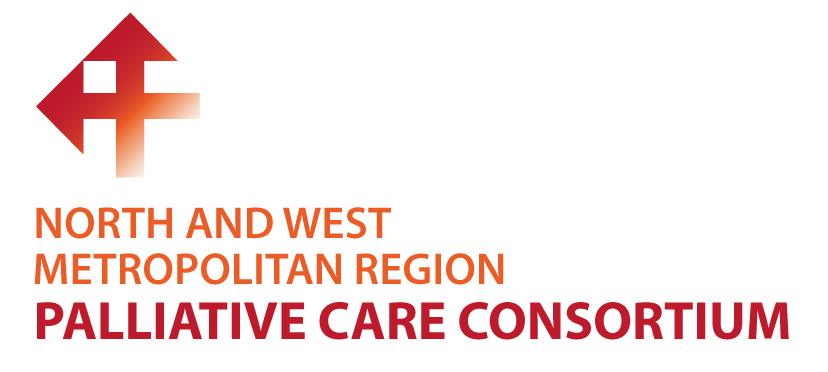Palliative care language and definitions
The World Health Organisation (WHO) definition of palliative care outlines:
“Palliative care is an approach that improves the quality of life of patients and their families facing the problems associated with life-threatening illness, through the prevention and relief of suffering by means of early identification and impeccable assessment and treatment of pain and other problems, physical, psychosocial and spiritual.
“Palliative care:
- provides relief from pain and other distressing symptoms;
- affirms life and regards dying as a normal process;
- intends neither to hasten or postpone death;
- integrates the psychological and spiritual aspects of patient care;
- offers a support system to help patients live as actively as possible until death;
- offers a support system to help the family cope during the patients illness and in their own bereavement;
- uses a team approach to address the needs of patients and their families, including bereavement counselling, if indicated;
- will enhance quality of life, and may also positively influence the course of illness;
- is applicable early in the course of illness, in conjunction with other therapies that are intended to prolong life, such as chemotherapy or radiation therapy, and includes those investigations needed to better understand and manage distressing clinical complications”.
The Palliative Care Victoria booklet, ‘Living, dying and grieving well: A guide to palliative care’ describes the role of palliative care and specialist palliative care services.
The definitions used in the Victorian Government’s end of life and palliative care framework include:
- End of life care: “the care needed for people who are likely to die in the next 12 months due to progressive, advanced or incurable illness, frailty or old age” (p5).
- Palliative care: “an approach to care that improves the quality of life of people and their families who are facing the problems associated with a progressive illness. It does this by preventing and relieving suffering through early identification and assessment, by treating pain and other physical, psychosocial and spiritual problems and by addressing practical issues” (p5).
- Specialist palliative care: A designated sector “funded to provide care for those with the most complex end of life and palliative care needs” (p5). Also noted is that: “Often the most valuable role palliative care specialists play is supporting other healthcare teams and professionals through consultation, advice and support to provide end of life care to their patients” (p5).
The Palliative Care Outcomes Collaboration (PCOC) is a national program that utilises standardised clinical assessment tools to measure and benchmark patient outcomes in palliative care. The PCOC dataset includes five defined palliative care phases:
- Stable
- Unstable
- Deteriorating
- Terminal
- Bereavement
The phases are a clinically meaningful period in a patient’s condition that is determined by a holistic clinical assessment which considers the needs of the patients and their family and carers.
